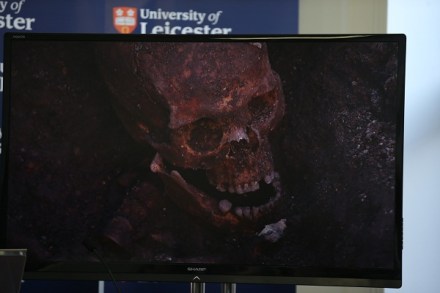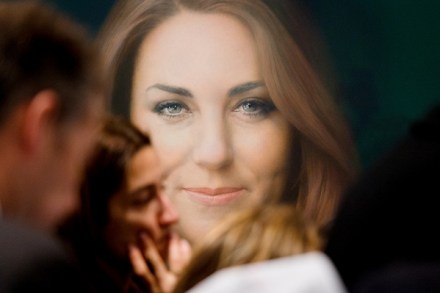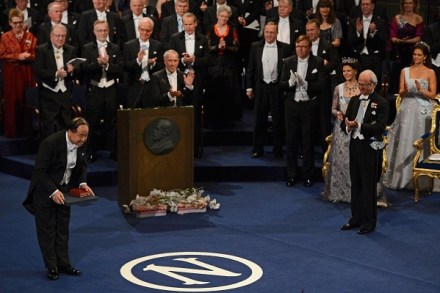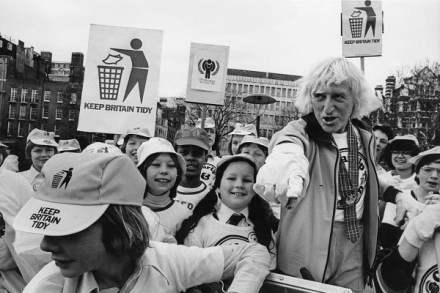The Leather Case
Last year I wrote an unpatriotic column for the Observer. I said that while American literary and journalistic frauds tended to be simple men, who lied and plagiarised to boast their reputations and earnings, British frauds were as a rule darker and nastier. The first piece of evidence was Johann Hari – whose exposure caused the greatest scandal my small world of “broadsheet” journalism had seen in years. Hari did not confine himself to making up quotes and facts to enhance his career. Night after night, he went on Wikipedia and defamed his many enemies under a variety of pseudonyms – I should declare an interest and state that I





















